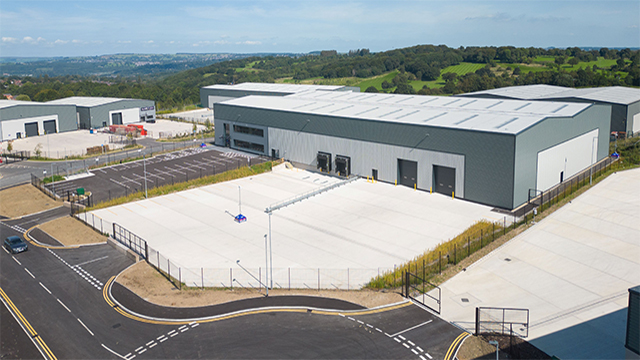The property industry is still regularly chastised for being painfully slow to harness the power of technology.
The bigger players are often cited as the worst offenders – in part because the larger the organisation the harder it is to move fast and embrace change.
And that is what digital transformation is all about. So what about when you go even bigger? How are governments faring when it comes to adopting and employing digital advances?
This is the question CBRE has addressed with the MIT Centre for Real Estate’s Urban Economics Lab in a new report exploring how urban big data is being used for city management around the world.
The research delves into what impact the successful adoption of big data in cities can have on real estate, and forecasts that smart city technologies will “reinforce the primacy of the most successful global metropolises for at least a decade or more”.
But the report also highlights that this does not automatically exclude cities in emerging markets from “leveraging technologies to leapfrog on the provision of public services” which, in turn, could see the emergence of a new swathe of leading smart cities.
Chandra Dhandapani, CBRE’s chief digital and technology officer, says: “The chicken or egg question is whether the urban centres of today will drive innovation in smart city technologies or whether innovation in smart city technologies will shape the urban centres of tomorrow.”
While world leaders are likely to lead the charge, thanks to their superior IT know-how, human capital base, progressive leaderships and experimental attitude, in the long run the report concludes that all cities throughout the urban system will end up adopting successful and cost-effective smart city initiatives.
The result will be that “first-mover advantage of the leaders is diluted” and there is likely to be a tech-enabled levelling of the playing field.
For now, though, most of the scalable innovations are emerging in leading markets. So what are they and what sort of impact are they having?
‘Big data is already affecting our lives’
Richard Barkham, global chief economist, CBRE
We are living in a time of huge and rapid technological change. This is transforming our cities as well as the ways we work, live and travel. However, as important as the physical changes is the vastly improved collection and use of data.
The aggregation of digital information collected by sensors, internet-enabled devices and the computerisation of administrative and business data is improving the standard of urban life in a multitude of ways.
Principally, it has enabled more efficient transport systems, better public services with low energy usage and the creation of urban environments that adapt and respond to human needs in real time.
The big data revolution is already affecting our daily lives. Some of the most significant opportunities lay at the municipal level. Urban information technologies can make our cities smart.
We expect innovations that substantially reduce businesses’ operating and capital costs to be the first to be adopted. Technologies with clear immediate benefits to the quality of life will follow.
Finally, technologies that improve the quality of life and the productivity of cities in the long run will progressively expand as the benefits of earlier projects become apparent.
In real estate consultancy and services, CBRE has already developed a number of data-driven tools. A prime example of this is the Calibrate platform, which uses proprietary technology to analyse the digital footprints of millions of mobile phone users.
This gives occupiers and landlords access to consumer profiling and spending data to inform location selection and investment decisions.
Initially it might be that smart city technologies reinforce the dominance of the most successful global metropolises. This means that the real estate values in these areas will continue to grow.
However, in the long term, all cities across the urban system will end up adopting successful and cost-effective smart city initiatives. Smaller-scale interventions are likely to crop up everywhere.
These programmes are more likely to improve conditions in deprived neighbourhoods, which could produce gentrification and higher values. Those who can best understand and anticipate these micro-location impacts will profit.
In addition to a wide range of urban-level initiatives that could affect real estate values, we may start to see big data applications that could more directly transform how real estate is appraised, traded and taxed.
To send feedback, e-mail emily.wright@egi.co.uk or tweet @EmilyW_9 or @estatesgazette










